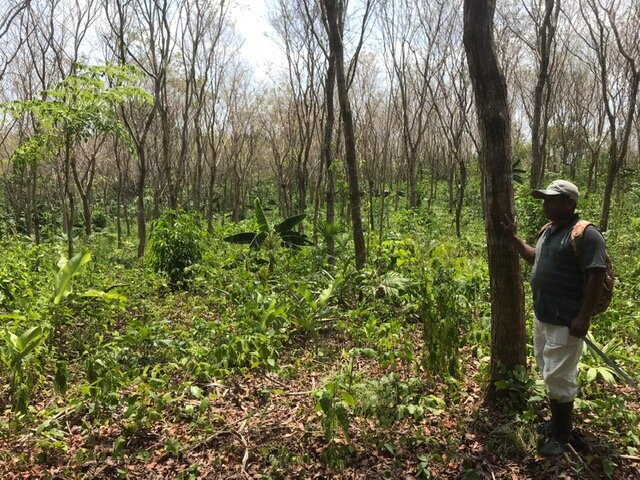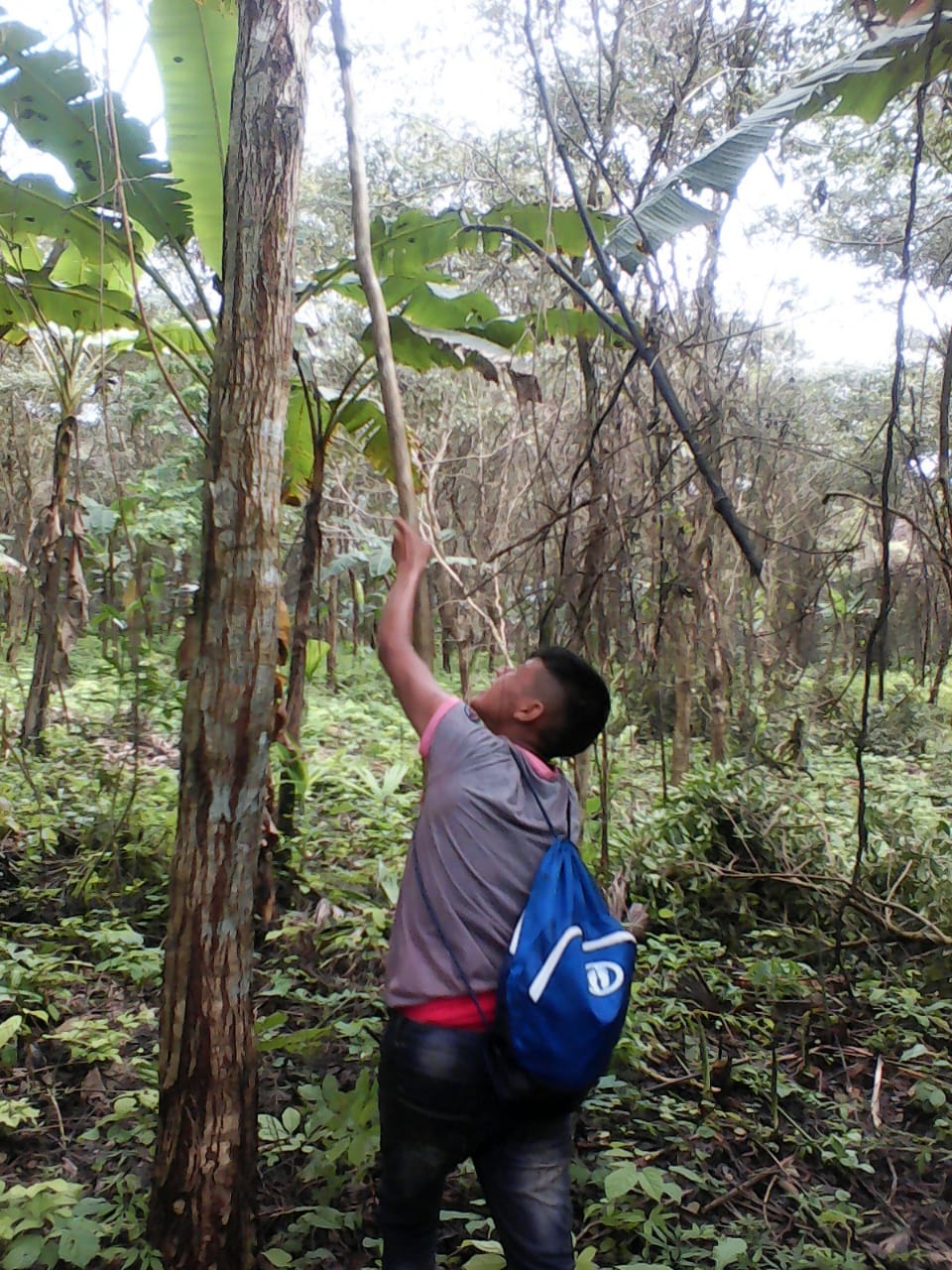A Report Card for Impact
/ The Gonzales family in Nuevo ParaisoFor social enterprises and organizations engaged in impact investing, quantifying impact has become increasingly important to them and their investors and donors. In the same way that traditional investors scrutinize a company’s financials before deciding to invest, responsible investors increasingly want to see that their investments are producing the social good that they set out to create.
The Gonzales family in Nuevo ParaisoFor social enterprises and organizations engaged in impact investing, quantifying impact has become increasingly important to them and their investors and donors. In the same way that traditional investors scrutinize a company’s financials before deciding to invest, responsible investors increasingly want to see that their investments are producing the social good that they set out to create.
Quantifying impact basically means attempting to measure the change that the organization intends to create. For example, an organization dedicated to the preservation and expansion of affordable housing might measure the number of affordable housing units developed over the past year, or the number of low income people housed.
Planting Empowerment cultivates tropical hardwoods and crops for financial return, but also to produce real social and environmental returns for our partners in Panama. From a reporting perspective, it’s easy to measure the number of trees we plant, or the amount of land we have under cultivation, or the number of plantains we’ve produced. We can even measure the increase in incomes of our partners because of their working with us.
But it’s harder to measure how that work translates into longer term sustainable management of natural resources by our partners, or the amount of rainforest we’ve conserved because of our work. Both of those imply that we’ll have changed the mentality of our partners. So how do we measure that?
Measuring impact has become a hot topic over the past several years. Both responsible investors/performance-focused donors and impact investing associations and organizations offering these types of investments are trying to agree on how to truly measure “impact”. There are industry-specific certifications such as the Forest Stewardship Council’s Forest management certification, but there is no standard definition of impact that cuts across all industries. Even when an organization understands what its long term term impact goals are, it’s difficult and costly to measure progress against those goals.
Against that backdrop, the Global Impact Investment Network launched its Global Impact Investment Rating System (GIIRS) to standardize social and environmental performance metrics for organizations engaged in impact investing. It is intended to enable investors to compare impact investments across industries by capturing not only financial performance data, but also the social and environmental benefits that an organization proactively creates. GIIRS uses a standard reporting language called IRIS (Impact Reporting and Investment Standards) to capture relevant performance data from companies and funds.
We recently decided to adopt the IRIS language for our own reporting purposes. While we’re still unsure as to whether companies and funds will have a competitive advantage by holding a GIIRS rating (which is a paid certification based on the IRIS taxonomy), using IRIS standards does make sense for Planting Empowerment for a few reasons:
- It's a way to hold ourselves accountable to the goals we laid out in our recent strategic plan: the amount of capital we need to raise and the number of hectares of trees we’re aiming to plant, among others.
- Once we've captured all the relevant metrics, we'll be able to more more tangibly communicate our work to prospective shareholders and our peers in the industry.
- This further differentiates us from traditional forestry companies because it will reinforce Planting Empowerment’s long term goals of social and economic empowerment of our partners.
- GIIRS certification may make sense for larger/institutional investors once we reach larger scale. The GIIRS assesment is based on the IRIS reporting language, so we would be ahead of the game.
As Planting Empowerment continues work with more partners and plant more trees, we need to be able to track and communicate our business’s financial, social and environmental impacts. Adopting the IRIS reporting standards gives us a smart way to do that.



